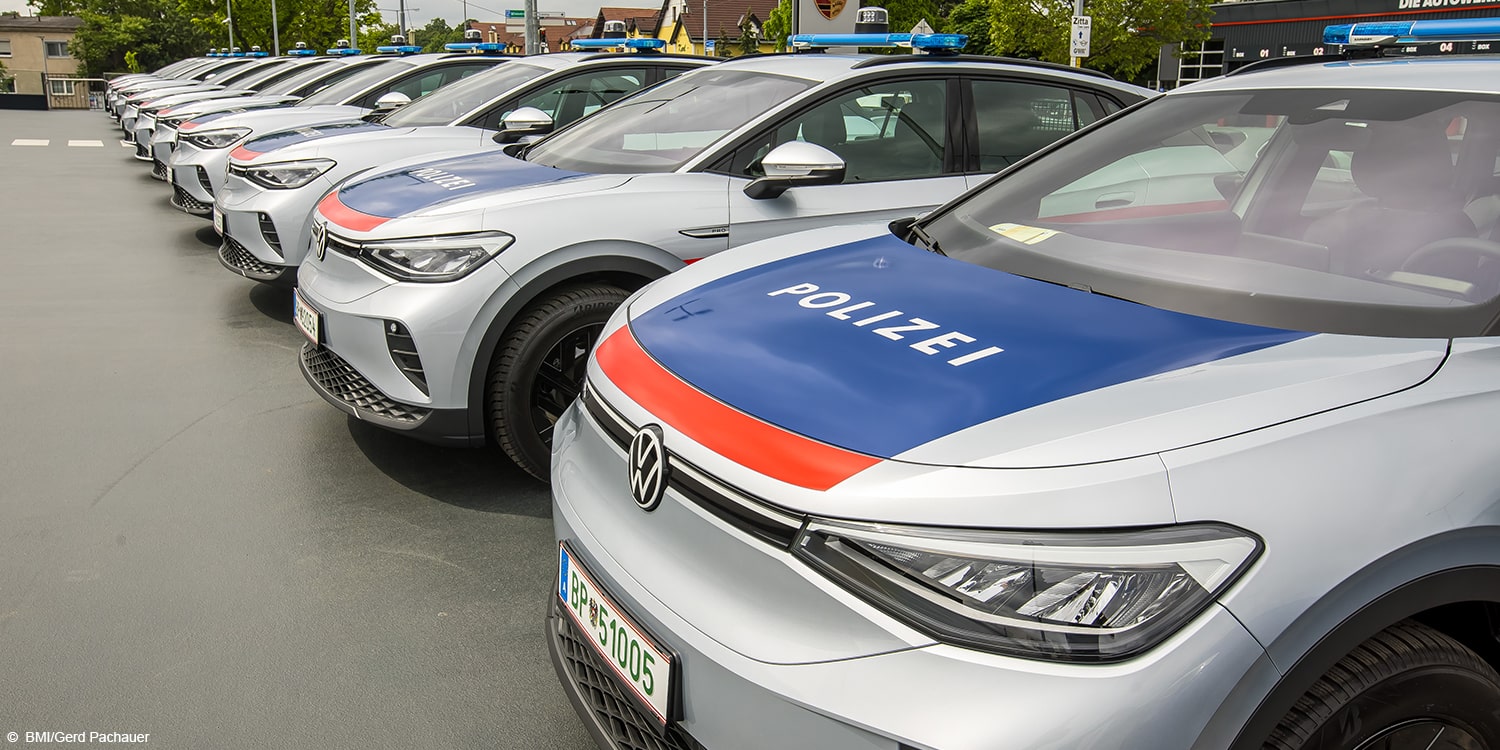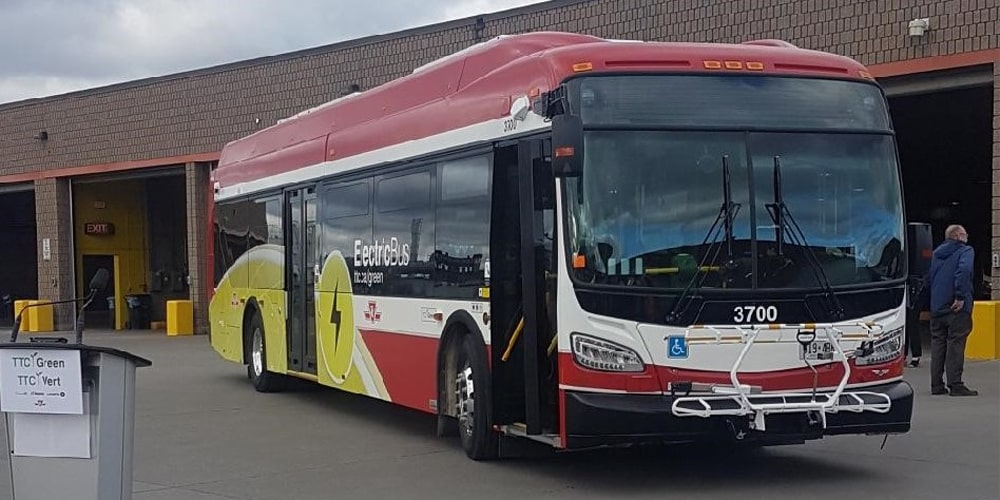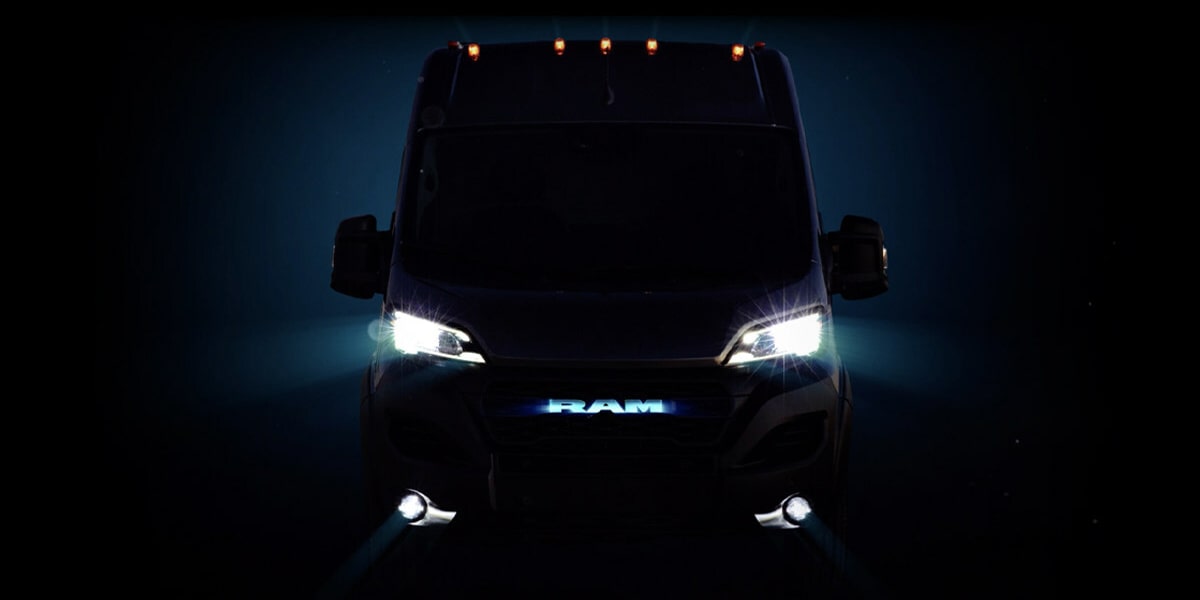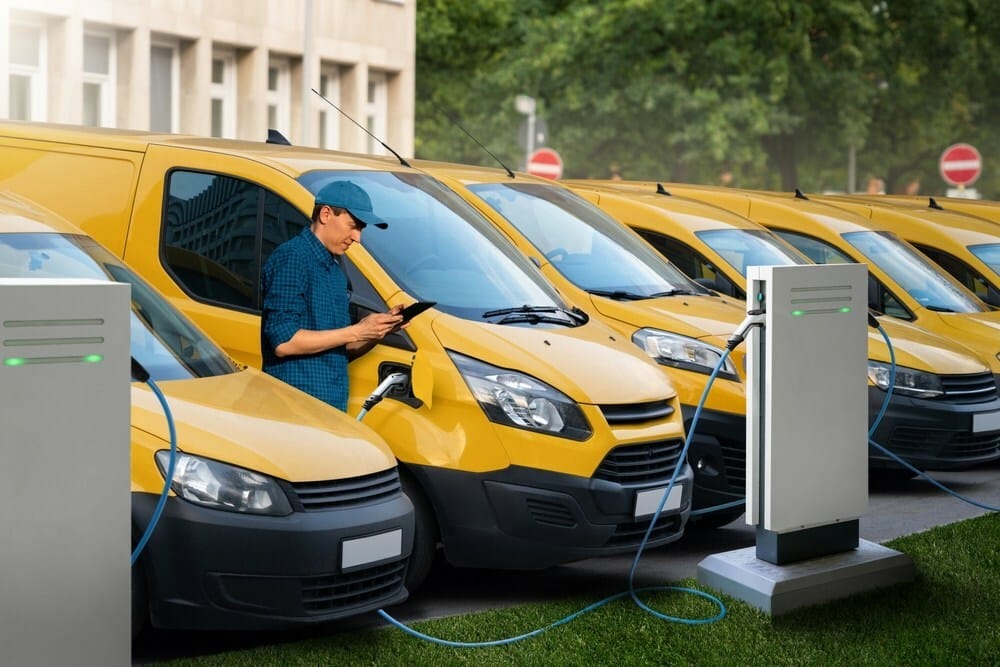The Austrian police force has launched a significant initiative to assess the viability of electric vehicles (EVs) for their operational needs. A total of 23 electric cars, including 20 VW ID.3 and ID.4 models in both marked and unmarked versions, have been distributed to police stations in Salzburg, Lower Austria, Vienna, and Tyrol. The pilot project, set to begin in the fourth quarter of 2023, aims to evaluate the suitability of EVs for various police operations.
Franz Ruf, the Director General for Public Safety, expressed the police force’s commitment to promoting sustainability and exploring emission-free alternatives. By adopting EVs, the police hope to set an example for a sustainable economy while fulfilling their duty as a large blue-light organization. The fleet of electric vehicles will be tested extensively in a range of police operations, encompassing patrol duty, securing accident scenes, and pursuit scenarios. Key areas of evaluation will include performance, charging management, and safety features.
The decision to conduct this comprehensive trial follows the KIRAS study carried out in 2019, which investigated the practicality of alternative mobility solutions, with a particular focus on electromobility for police operations in Austria. The study, led by the Austrian Institute of Technology in collaboration with the Ministry of the Interior, Porsche Austria, Allmobil (now known as MOON Power), and Wien Energie, recommended further practical testing across different usage scenarios, including challenging weather conditions.
As announced by the Ministry of the Interior, the extensive practical test is scheduled to be completed by the end of 2025. Subsequently, the results will be analyzed and processed in 2026. This comprehensive assessment aims to provide valuable insights into the feasibility of electric cars in police service, paving the way for potential future adoption of sustainable transportation within the Austrian police force.







